Today, I have the pleasure of talking with Lee Marcus. Born in Johannesburg, Lee Marcus started writing early – her first piece was published when she was twelve. She studied commercial art, then combined visuals with words, first in film advertising, then with award-winning documentaries such as The Peace Game, On the Third Day and Visions of the Wind. Lee considers herself fortunate to have been able to apply her deep love of film and the English language to fifty-five years of working in television, radio and film. She was awarded the first drama prize ever given in South Africa for her play A Candle in the Heart , written when she was outraged by what was happening politically in the country. Her feature films, books, documentaries, novels and stories are all a tribute to Lee’s ethics, love of nature and the human community. At the age of 78, Lee’s desire to share the richness of her career was realized when she began teaching creative writing, thereby helping others to write their own stories. She takes immense pleasure in watching them blossom.
JET: Can you tell us about your most recent book?
Lee: I had a tremendous urge to write about this woman (Basha) and recently, having read a review on it, I felt the reviewer didn't understand that men who were born in the 19th century had a very different take on life. They felt that they were head of the household and that the woman's place was in the kitchen. Jane Austen also noticed this and wrote about it. My David, in the story, is a typical 19th century male. He is unknowingly tough on Basha. After the break between them, after he came to SA and she was still in England, the meeting was very difficult for her but she tackled whatever life had to offer her with spirit, good sense and a tremendous amount of humour and eventually, towards the end of the book, he recognises her for who and what she is, and pays tribute to her. It's a nice book.
JET: What drew you to historical fiction?
Lee: I think the fact that from the time I was a little girl, I admired my grandmother. This is not her story, it's pure fiction, but it's based on a woman like her and inspired by her. I was driven to write it and driven to finish it, even under the most difficult conditions for me.
JET: What’s been your most challenging hurdle on the road to publication?
Lee: When I found out that the book had been corrupted by a psychopath, I wanted to do myself in. With Susan Stos' help, we disinterred the book from the very bowels of the computer, my brain, and old files. I don't wish such a situation on any other writer who is living or is still to come, because it was a nightmare.
I also became blind during the years it took to complete the book.
JET: What was your favorite moment in the journey?
Lee: I think when it came to the end of it and it worked out the way I wanted.
JET: Which authors had the most influence over you growing up?
Lee: We all started in the same way with Anne of Green Gables, but during my adult years Simone de Bouvier had a tremendous influence, and I took out of her writing what I needed.
JET: When did you know you wanted to take the plunge into the writing world?
Lee: When I was 6 years old. This is when I started to write.
JET: What’s the craziest thing you’ve done in the name of book research? Most interesting fact you uncovered?
Lee: Don't know about the craziest thing I've done, but I think one of the most daunting was the fact that 75,000 new titles are printed every year in America. That's daunting. The whole world wants to write - to tell a story - its own story or someone else's.
JET: Of all the novels and stories you’ve written - which one is your favorite? Why?
Lee: This last one (Basha, Baby) is my favourite. I have only written two books but I have written hundreds and hundreds of films and that includes writing film ads. If you can write a story in 40 seconds and can sell a product in that time, you can use the film medium.
Basha, Baby is my favourite because it gave me a very warm feeling about this evolving woman who took shape on the page. In some ways I could relate to her from my own experience.
JET: Any advice (from a writer’s standpoint) for the novices out there?
Lee: If you want to write, write. Take expert advice where it's given, don't fight with your editor and hang onto your dream. This is my advice, from a very youthful 90-year old.
JET: All right
- now that I’ve hammered you with the big questions, let’s tackle my favorite
(and geeky) quick ten. . . starting with:
Paper or Plastic?
Lee: paper
JET: Classics or Modern?
Lee: I loved most of the classics I
read and some of the moderns made me very thoughtful even if I didn't always
like them. But I admired them; I admired
the writers.
JET: Beach or
Mountains?
Lee: beach
JET: Country
or Rock-n-Roll?
Lee: country
JET: Leather
or Lace?
Lee: depends on the occasion
JET: Angels
or Demons?
Lee: angels, definitely
JET: Paper
or Digital?
Lee: paper, and a pencil - they were once an extension of my being but
I learned to make friends with my computer
JET: Silent Film Classics or Cheesy
B Rated Horror?
Lee: silent film classics. Give me silent Chaplin anytime.
JET: Twilight or True Blood
Lee: Haven't read either but real
twilight, I like, and people who have real guts I like.
JET: Coffee or Tea?
Lee: coffee
JET: Thank you for indulging me. Before we wrap this up, can you tell us what you're working on now? What's next?
Lee: It's a very different, little kind of detective, with a very different kind of detective aged 13.
JET: Thank you so much for taking the time to chat on
my blog. Folks, you can find out more about Lee Marcus and her work
at the following places: http://rebelepublishers.com/about/authors/
Thanks
for swinging in.
Until
next time,
Ciao.
JET


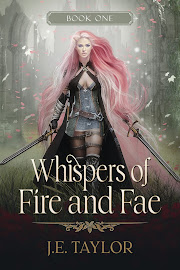

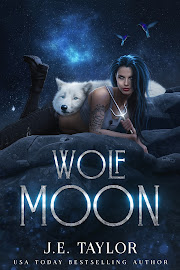
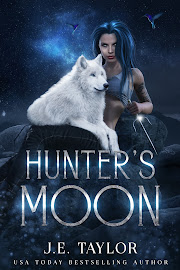





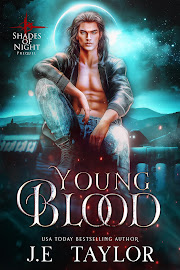
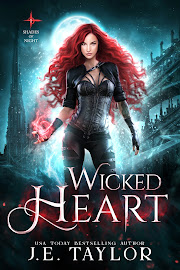
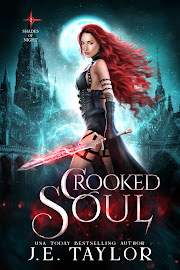
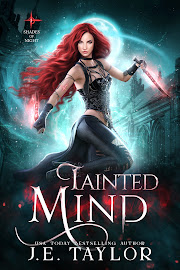
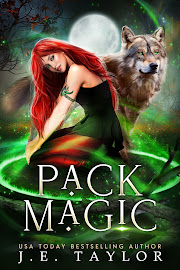


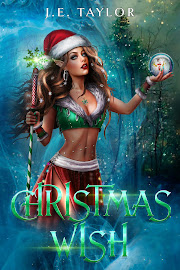
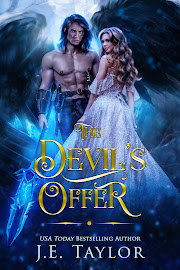

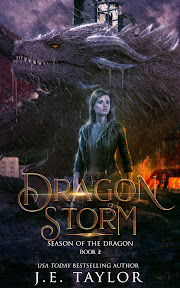





















































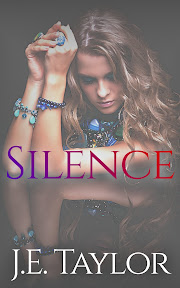

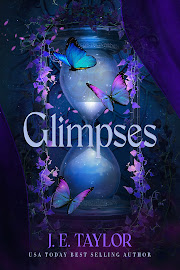
No comments:
Post a Comment